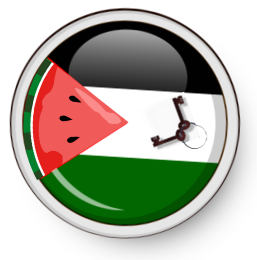
As you read the following, think about this quote from Cohen (2017): “Long ago, it was settled that resistance and even armed struggle against a colonial occupation force is not just recognised under international law but specifically endorsed. In accordance with international humanitarian law, wars of national liberation have been expressly embraced, through the adoption of Additional Protocol I to the Geneva Conventions of 1949 (pdf), as a protected and essential right of occupied people everywhere.” (emphasis added)
As you read, think about this question: What is the Right to Resistance and how is the history of the United Nations intertwined with the struggles of the Palestinian people?
Cohen, S. (2017, July 20). Palestinians have a legal right to armed struggle. Al Jazeera. Retrieved from: https://www.aljazeera.com/opinions/2017/7/20/palestinians-have-a-legal-right-to-armed-struggle
Makdisi, K., and Prashad, V. (2017). Introduction from Land of Blue Helmets: The United Nations and the Arab world (1st ed.). Oakland, Calif: University of California Press. https://content.ucpress.edu/chapters/12996.ch01.pdf
